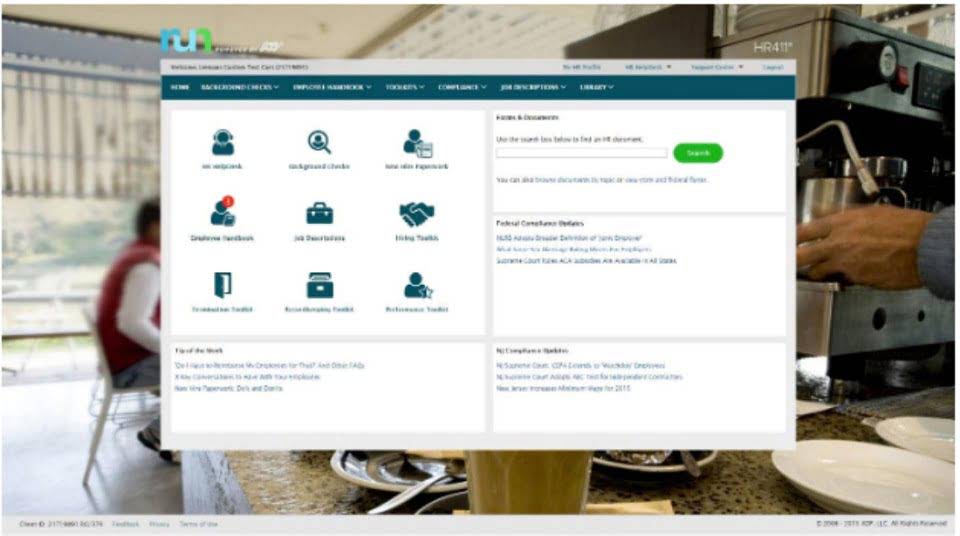
Instead of recording a transaction when it occurs, the cash method stipulates a transaction should be recorded only when cash has been exchanged. Many accounting practices have been simplified with the help of accounting computer-based software. These systems can be cloud based and available on demand via application or browser, or available as software installed on specific computers or local servers, often referred to as on-premise. Bookkeeping focuses on recording and organizing financial data, including tasks, such as invoicing, billing, payroll and reconciling transactions. Accounting is the interpretation and presentation of that financial data, including aspects such as tax returns, auditing and analyzing performance. This is the act of tracking and reporting income and expenses related to your company’s taxes.

Managerial Accounting

Accounting helps a business understand its financial position to be able to make informed decisions and manage risks. Below is a break down of subject weightings in the FMVA® financial analyst program. what is accounting As you can see there is a heavy focus on financial modeling, finance, Excel, business valuation, budgeting/forecasting, PowerPoint presentations, accounting and business strategy. Accounting can be classified into two categories – financial accounting and managerial accounting. This helpful, relevant, and easy-to-read study resource reflects many years of teaching and business consulting.
Importance of Training Employees: 13 Business Benefits
- While bookkeeping focuses on the methodical recording of financial transactions, Accounting goes beyond to interpret, analyse, and summarise these records.
- This can be a great option if you want to ensure your books are in order, and that your company’s financial information is accurate, but it does come with some drawbacks.
- Financial accounting involves the preparation of accurate financial statements.
- In addition, accounting makes it possible to create financial projections to plan for the future and anticipate sales and expenses.
- The accounting profession covers a broad range of roles, including bookkeeping, tax planning, and audit.
Essentially, bookkeeping serves as the foundation, while Accounting uses that foundation to provide strategic guidance and ensure financial transparency. Accounting provides data-driven insights, enabling businesses to make informed decisions regarding investments, QuickBooks expansions, and cost management. Accounting systematically keeps a record, summarises, and analyses economic transactions to provide a clean idea of a business enterprise’s financial health.
Financial Accounting
- The results of all financial transactions that occur during an accounting period are summarized in the balance sheet, income statement, and cash flow statement.
- Accounting is the profession of tracking the assets or cash flows of a company or other large organization, and recording how its finances spent.
- Accounting information can be developed for any kind of organization, not just for privately owned, profit-seeking businesses.
- Accounting is the practice of tracking your business’s financial data and interpreting it into valuable insights.
- One branch of accounting deals with the economic operations of entire countries.
It is important for companies to establish credibility with these external users through relevant and reliable accounting information. To accountants, the two most important characteristics of useful information are relevance and reliability. Information is relevant to the extent that it can potentially alter a decision. Relevant information helps improve predictions of future events, confirms the outcome of a previous prediction, and should be available before a decision is made.
Cash Method vs. Accrual Method of Accounting

Analysts, managers, business owners, and accountants use this information to determine what their products should cost. In cost accounting, money is cast as an economic factor in production, whereas in financial accounting, money is considered to be a measure of a company’s economic performance. This focuses on the use and interpretation of financial information to make sound business decisions. It’s similar to financial accounting, but this time, it’s reserved for internal use, and financial statements are made more frequently to evaluate and interpret financial performance. Accounting principles and standards, such as US GAAP (Generally Accepted Accounting Principles) or IFRS (International Financial Reporting Standards), are standards that are widely adopted in financial accounting. The accounting standards are important because they allow all stakeholders and shareholders to easily understand and interpret the Restaurant Cash Flow Management reported financial statements from year to year.